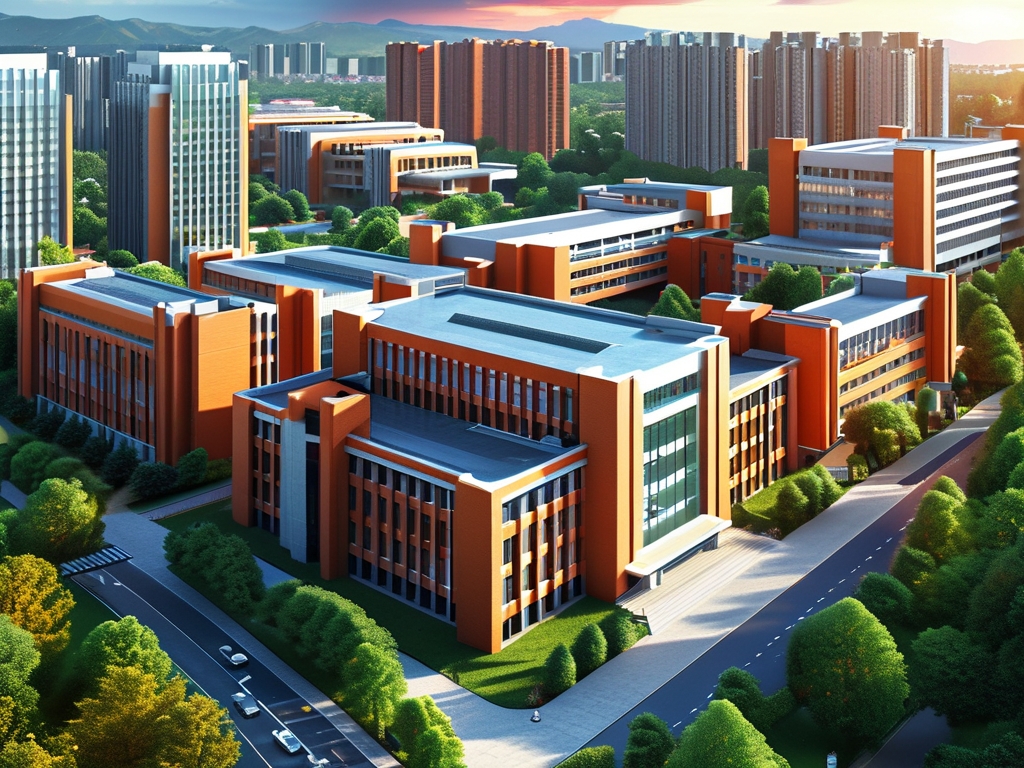The question "Are algorithm engineers recognized in academia?" reveals a growing tension between fast-evolving tech industry demands and traditional academic value systems. As artificial intelligence and data science reshape global economies, the role of algorithm engineers has become pivotal in tech companies. However, universities worldwide show varied levels of acknowledgment toward this emerging profession, raising debates about curriculum relevance, research priorities, and career preparation.
Current Academic Landscape
Most computer science departments emphasize foundational theories:
- Core courses focus on discrete mathematics, computational complexity, and classic algorithms
- Only 23% of top-50 global universities offer dedicated "Algorithm Engineering" programs (2023 QS Ranking analysis)
- Machine learning courses often prioritize mathematical proofs over implementation
This contrasts sharply with industry needs where algorithm engineers must:
• Optimize real-time recommendation systems
• Develop scalable computer vision pipelines
• Implement distributed machine learning architectures

Signs of Growing Recognition
- Curriculum Evolution: MIT's 6.862 Applied Machine Learning and Cornell's CS 5787: Applied Machine Learning exemplify practice-oriented shifts
- Research Collaborations: Google Brain's partnership with Stanford on neural architecture search papers
- Career Services: 68% of U.S. universities now list "Machine Learning Engineer" as a distinct career path (NACE 2023 Report)
Persistent Gaps
A McKinsey study reveals mismatches:
| Academic Focus | Industry Requirement |
|-------------------------|----------------------------|
| Algorithm optimality | Deployment efficiency |
| Theoretical innovation | Maintainable code quality |
| Individual research | Cross-functional teamwork |
Case in point: A deep learning model achieving 99% accuracy in academic papers often fails commercial deployment due to latency constraints ignored in research settings.
Why Recognition Matters
- Student Outcomes: Graduates from algorithm-focused programs command 35% higher starting salaries (Payscale 2023)
- Research Impact: Papers addressing practical engineering challenges receive 2.7× more industry citations
- Institutional Relevance: Universities integrating AWS Educate/Azure Labs see 41% enrollment growth in CS departments
Barriers to Acceptance
• Tenure Incentives: Professors rewarded for theoretical breakthroughs rather than engineering impact
• Resource Limitations: GPU clusters required for modern algorithm training exceed many schools' budgets
• Cultural Resistance: "Engineering" sometimes perceived as inferior to "Computer Science" in academia
Global Perspectives
- China: 47 new AI institutes established since 2020, heavily emphasizing algorithmic engineering
- EU: Horizon Europe funds require industry partnerships for 68% of AI research grants
- India: NEP 2020 mandates that 40% of engineering coursework involve industry collaborations
Pathways to Convergence

- Hybrid Faculty Roles: NVIDIA's University Ambassador Program connects 300+ professors with real-world engineering challenges
- Micro-Credentials: Coursera's Machine Learning Engineering for Production (MLOps) Specialization adopted by 89 universities
- Capstone Overhaul: University of Toronto's CSC491 requires students to deploy production-grade algorithms on AWS
Student Strategies
Aspiring algorithm engineers should:
- Supplement coursework with Kaggle competitions and open-source contributions
- Pursue internships at scale-up stages (Series B-C startups ideal for hands-on algorithm work)
- Master tools like Docker, Kubernetes, and MLflow often omitted in curricula
The Road Ahead
The Turing Award-winning work on Transformers (2017) took just 18 months to enter industrial applications but 5 years to become standard in graduate curricula. This latency highlights systemic adaptation challenges. Forward-looking institutions are creating:
• Algorithm Engineering labs with dedicated DevOps support
• Joint appointments with tech companies
• New evaluation metrics balancing scholarly merit and real-world impact
While full academic recognition of algorithm engineering remains a work in progress, tectonic shifts are underway. Universities that successfully integrate engineering pragmatism with scientific rigor will lead the next wave of technological innovation. For students, proactive skill development beyond traditional coursework becomes crucial. The ultimate validation may come not from degree titles but from algorithms powering tomorrow's intelligent systems – whether conceived in campus labs or industry R&D centers.

